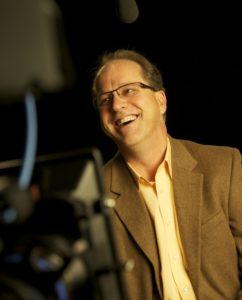Fritz Detwiller, Professor of Philosophy and Religion, Adrian College
Thursday, November 15th, 7:00 pm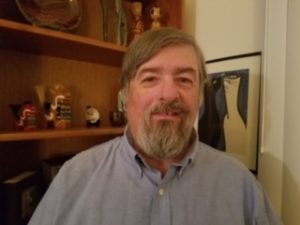
Sussman Theater, Olmstead Center
Fritz Detwiler is Professor of Philosophy and Religion at Adrian College, where he has taught for the past 35 years. He is a charter member of the Society for the Study of Native American Traditions and has lived among the Ho Chunk in Black River Falls, Wisconsin. His current research is on Native American ethics, with particular focus on the Lakota, Tlingit, and Diné.
In his lecture, Detwiler will argue that if we are to take Native American lifeways seriously, then we have to address the problem of miracles not in Western terms, but as a window into fundamentally different Native American worldview assumptions. Using concepts that are closer to Native viewpoints—power, personhood, relatedness, and change—Detwiler’s talk will explore an understanding of reality that does not admit of miracles but rather beholds mystery.
Click link to listen to lecture
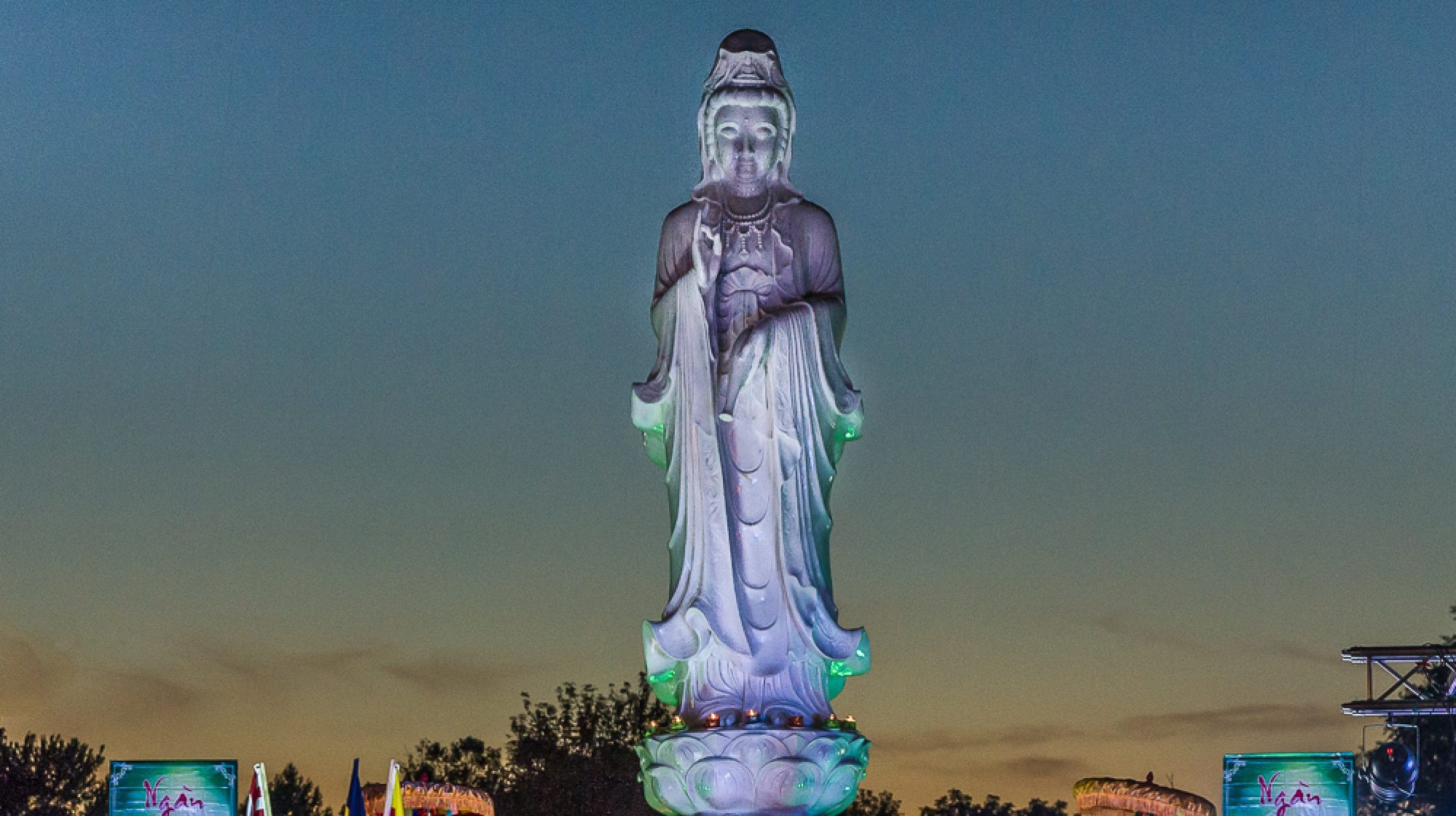

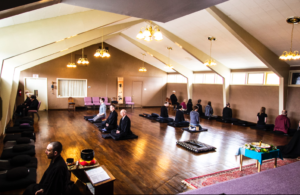
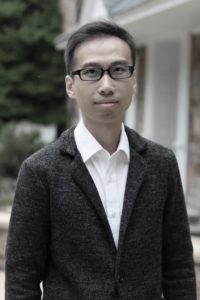 Kin Cheung is an Assistant Professor of Asian Religions in the Department of Global Religions at Moravian College. He has written on Buddhist meditation and healing, practical implications of Buddhist ethics, and Buddhist institutions’ involvement in China’s stock market. His dissertation examines how meditation changes the senses of self, using both scientific studies of meditation’s effects on the brain and Chan/Zen Buddhist descriptions.
Kin Cheung is an Assistant Professor of Asian Religions in the Department of Global Religions at Moravian College. He has written on Buddhist meditation and healing, practical implications of Buddhist ethics, and Buddhist institutions’ involvement in China’s stock market. His dissertation examines how meditation changes the senses of self, using both scientific studies of meditation’s effects on the brain and Chan/Zen Buddhist descriptions. 